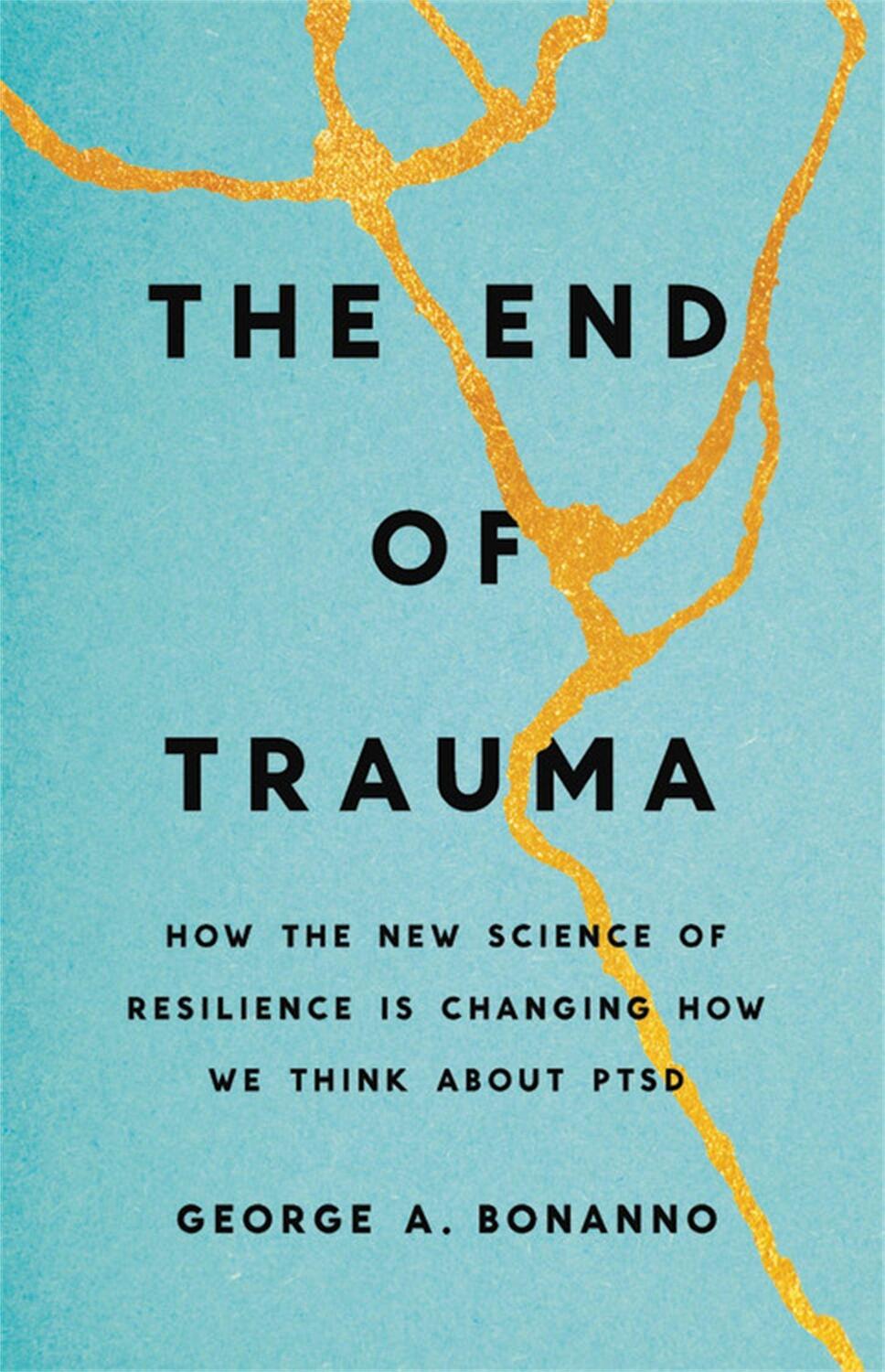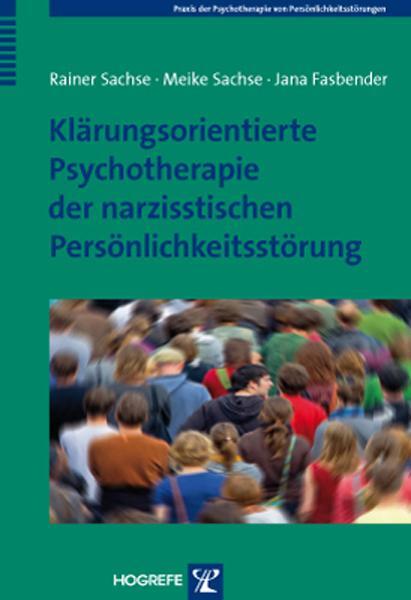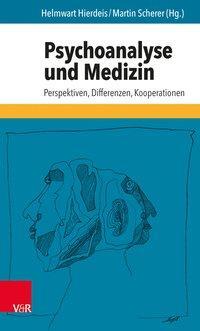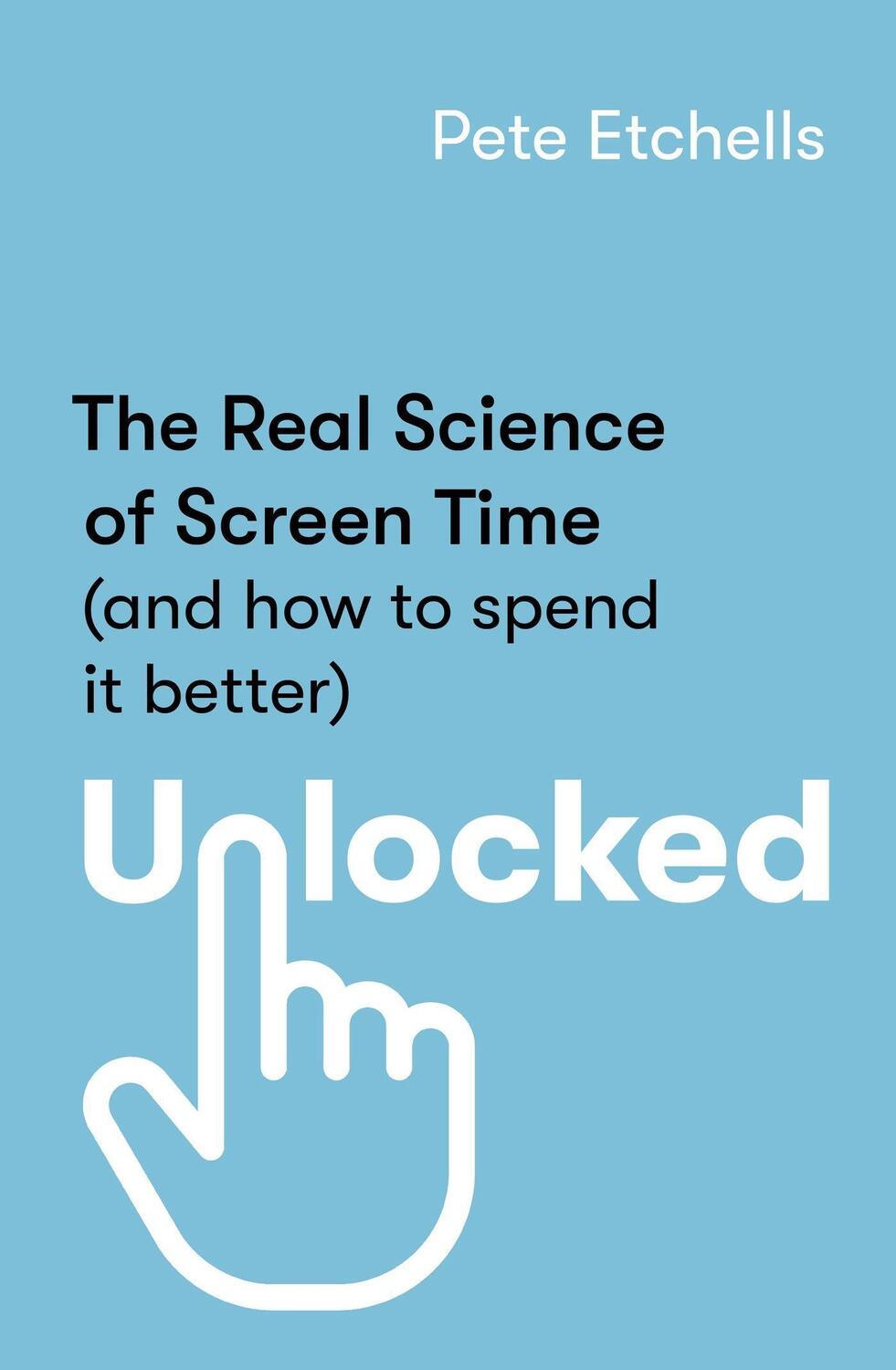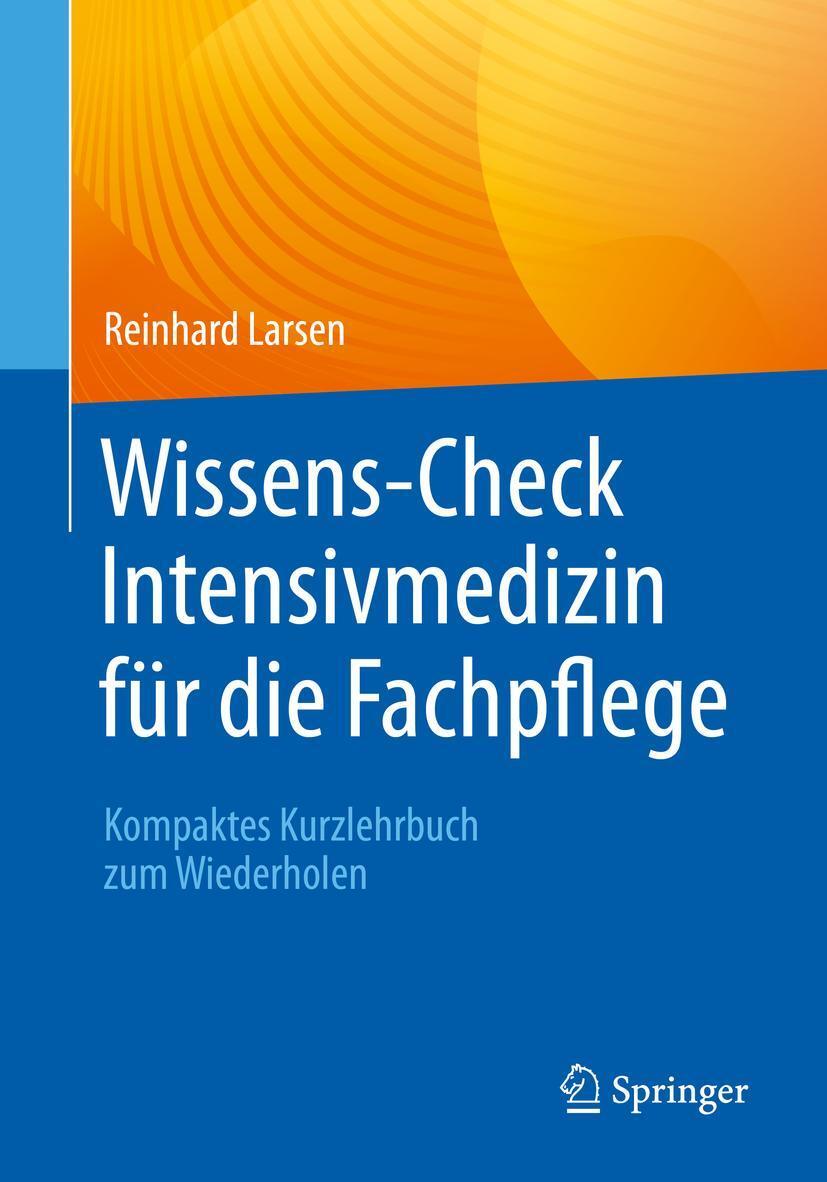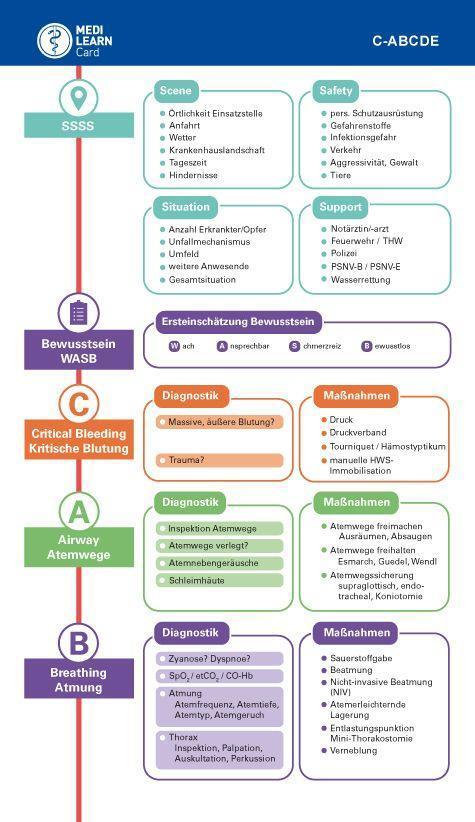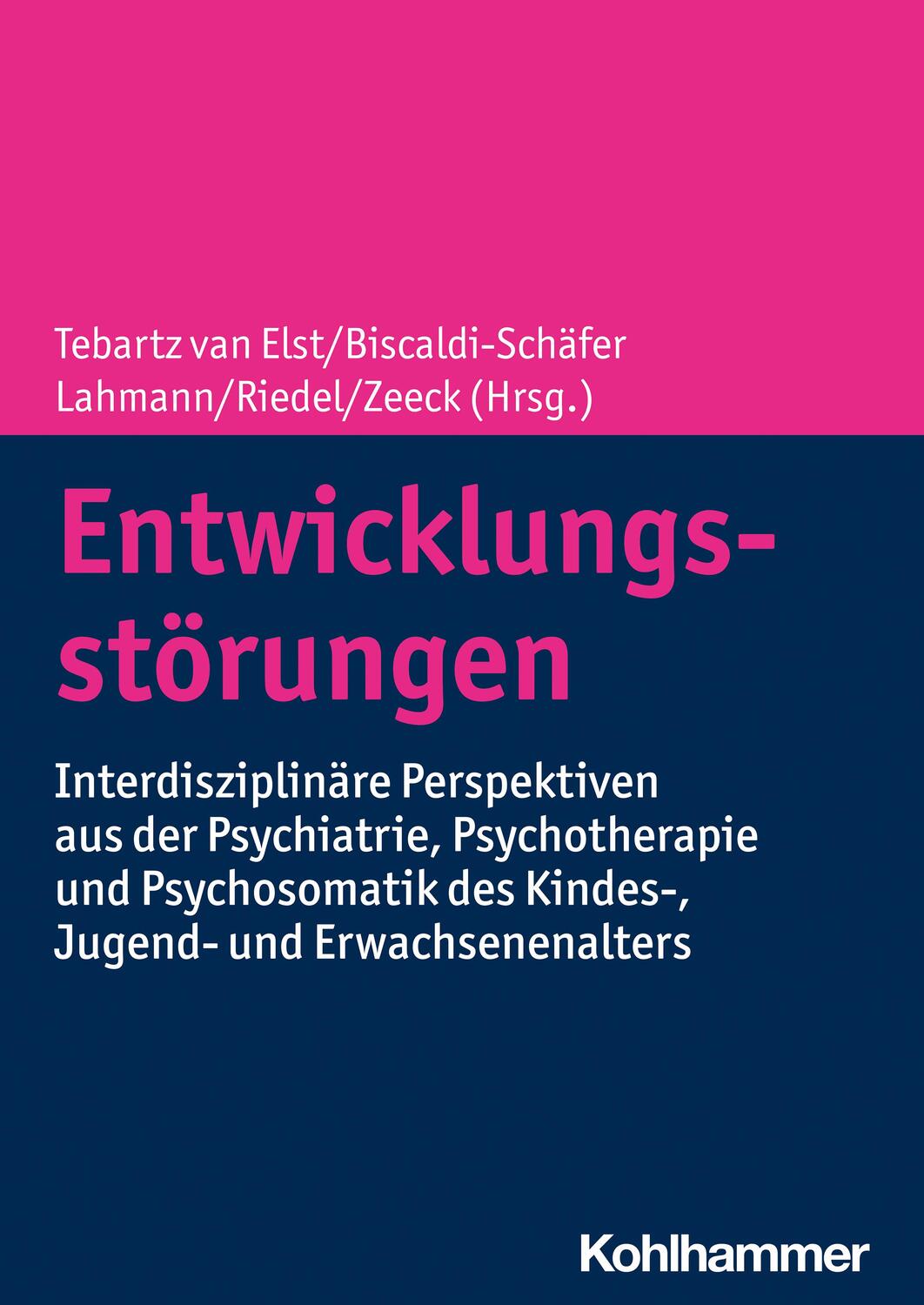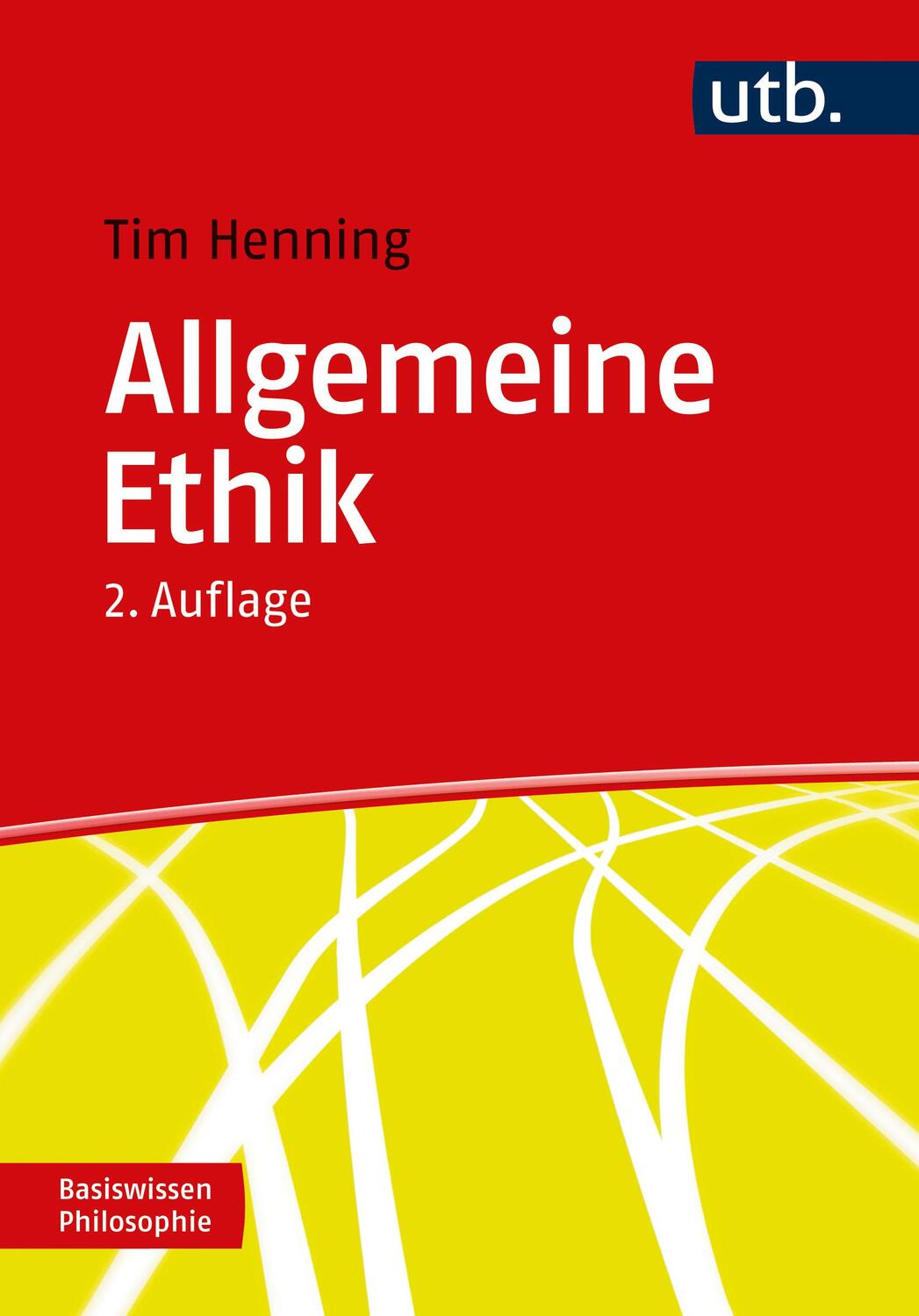Dekorationsartikel gehören nicht zum Leistungsumfang.
Sprache:
Englisch
29,95 €*
Versandkostenfrei per Post / DHL
Lieferzeit 1-2 Wochen
Kategorien:
Beschreibung
"After 9/11, thousands of mental health professionals from across the country assembled in Manhattan to help handle the almost certain avalanche of traumatized New Yorkers. Curiously, it never came. While plenty of people did seek mental health counseling after 9/11, the numbers were nowhere near expected. As renowned psychologist George Bonanno argues, psychiatrists failed to predict the response to 9/11 because our model of trauma is wrong. Psychiatrists only study clinically traumatized people, and over time this skewed sample has led us to believe that trauma was the natural response to stress. But what about all the people who never come in for help? Bonanno has spent his career studying how people respond to potentially traumatic events, whether or not they show symptoms of PTSD. In TK, he lays out a bold new model of the origins and trauma, and how we can more effectively treat it. Bonanno's research has shown that the natural response to stressful situations is not trauma but resilience. Most people are, by default, able to cope without suffering long-term consequences. This is important because assuming that people are traumatized when they aren't can actually risk traumatizing them. TK explains what makes us resilient, why people sometimes aren't, and what really helps us work through trauma. of the book draws on Bonanno's pioneering studies on trauma in war veterans, car crash victims, assault and abuse survivors, and even the victims of 9/11. His most crucial finding is that resilience does not come from one essential coping strategy, as other books argue. Resilience is actually a process in which we actively explore, assess, and adapt the strategies that allow us to engage with a situation. Trauma happens when our natural systems of resilience falter, and Bonanno develops a method for restoring resilience called the flexibility sequence, a series of strategies designed to help us find new coping strategies when we find ourselves at a loss. Bonanno's first book, The Other Side of Sadness, showed that the oft-touted notion that there are "five stages" of bereavement ignored how real people grieve. The book spoke not only to his fellow psychologists, but to thousands of people who needed to better understand their own experiences of loss. In the same tradition, TK reclaims the study of trauma from outdated theorizing and puts it in the context of people's real experiences, because we can only understand how to heal from trauma once we understand how humans actually deal with it"--
"After 9/11, thousands of mental health professionals from across the country assembled in Manhattan to help handle the almost certain avalanche of traumatized New Yorkers. Curiously, it never came. While plenty of people did seek mental health counseling after 9/11, the numbers were nowhere near expected. As renowned psychologist George Bonanno argues, psychiatrists failed to predict the response to 9/11 because our model of trauma is wrong. Psychiatrists only study clinically traumatized people, and over time this skewed sample has led us to believe that trauma was the natural response to stress. But what about all the people who never come in for help? Bonanno has spent his career studying how people respond to potentially traumatic events, whether or not they show symptoms of PTSD. In TK, he lays out a bold new model of the origins and trauma, and how we can more effectively treat it. Bonanno's research has shown that the natural response to stressful situations is not trauma but resilience. Most people are, by default, able to cope without suffering long-term consequences. This is important because assuming that people are traumatized when they aren't can actually risk traumatizing them. TK explains what makes us resilient, why people sometimes aren't, and what really helps us work through trauma. of the book draws on Bonanno's pioneering studies on trauma in war veterans, car crash victims, assault and abuse survivors, and even the victims of 9/11. His most crucial finding is that resilience does not come from one essential coping strategy, as other books argue. Resilience is actually a process in which we actively explore, assess, and adapt the strategies that allow us to engage with a situation. Trauma happens when our natural systems of resilience falter, and Bonanno develops a method for restoring resilience called the flexibility sequence, a series of strategies designed to help us find new coping strategies when we find ourselves at a loss. Bonanno's first book, The Other Side of Sadness, showed that the oft-touted notion that there are "five stages" of bereavement ignored how real people grieve. The book spoke not only to his fellow psychologists, but to thousands of people who needed to better understand their own experiences of loss. In the same tradition, TK reclaims the study of trauma from outdated theorizing and puts it in the context of people's real experiences, because we can only understand how to heal from trauma once we understand how humans actually deal with it"--
Über den Autor
George A. Bonanno is professor of clinical psychology and director of the Loss, Trauma, and Emotion Lab at Teachers College, Columbia University. Bonanno pioneered the idea of resilience in the study of loss and trauma, and developed a theory of grief that is now the standard paradigm among clinical psychologists. His research has been covered by the New York Times, the Wall Street Journal, The New Yorker, Scientific American, The Atlantic, The Los Angeles Times, Rolling Stone, NPR, CBS, ABC, CNN, and in many places elsewhere. The author of The Other Side of Sadness, he lives with his family in New York.
Details
| Erscheinungsjahr: | 2021 |
|---|---|
| Fachbereich: | Theoretische Psychologie |
| Genre: | Psychologie |
| Rubrik: | Geisteswissenschaften |
| Medium: | Buch |
| Seiten: | 336 |
| Inhalt: | Gebunden |
| ISBN-13: | 9781541674363 |
| ISBN-10: | 1541674367 |
| Sprache: | Englisch |
| Einband: | Gebunden |
| Autor: | Bonanno, George A |
| Hersteller: | Basic Books |
| Maße: | 241 x 159 x 30 mm |
| Von/Mit: | George A Bonanno |
| Erscheinungsdatum: | 07.09.2021 |
| Gewicht: | 0,544 kg |
Über den Autor
George A. Bonanno is professor of clinical psychology and director of the Loss, Trauma, and Emotion Lab at Teachers College, Columbia University. Bonanno pioneered the idea of resilience in the study of loss and trauma, and developed a theory of grief that is now the standard paradigm among clinical psychologists. His research has been covered by the New York Times, the Wall Street Journal, The New Yorker, Scientific American, The Atlantic, The Los Angeles Times, Rolling Stone, NPR, CBS, ABC, CNN, and in many places elsewhere. The author of The Other Side of Sadness, he lives with his family in New York.
Details
| Erscheinungsjahr: | 2021 |
|---|---|
| Fachbereich: | Theoretische Psychologie |
| Genre: | Psychologie |
| Rubrik: | Geisteswissenschaften |
| Medium: | Buch |
| Seiten: | 336 |
| Inhalt: | Gebunden |
| ISBN-13: | 9781541674363 |
| ISBN-10: | 1541674367 |
| Sprache: | Englisch |
| Einband: | Gebunden |
| Autor: | Bonanno, George A |
| Hersteller: | Basic Books |
| Maße: | 241 x 159 x 30 mm |
| Von/Mit: | George A Bonanno |
| Erscheinungsdatum: | 07.09.2021 |
| Gewicht: | 0,544 kg |
Warnhinweis

